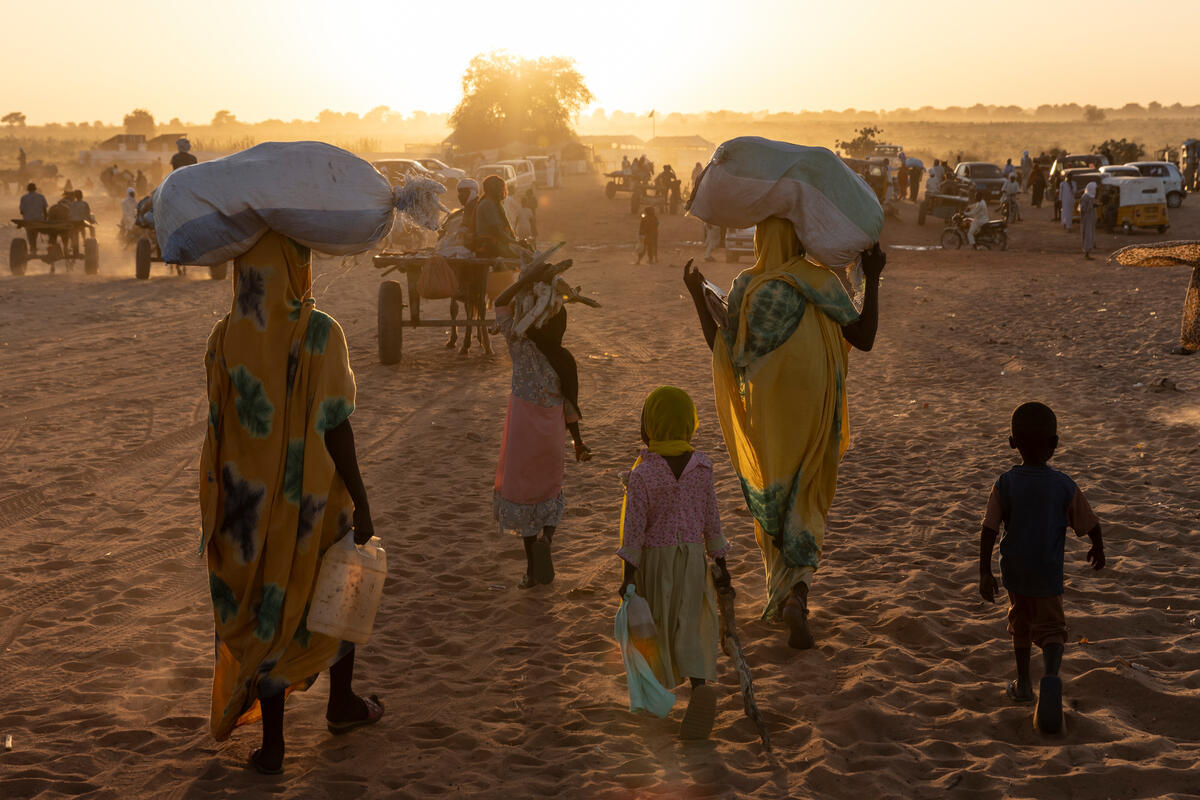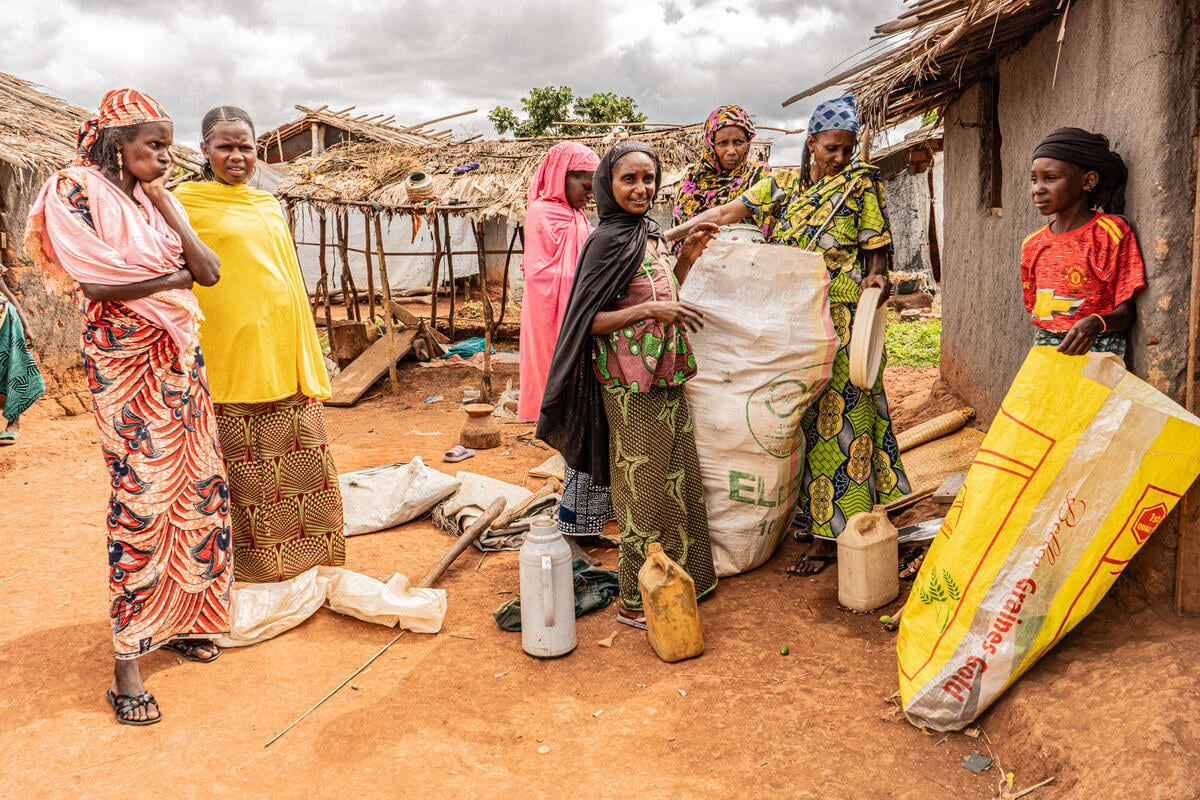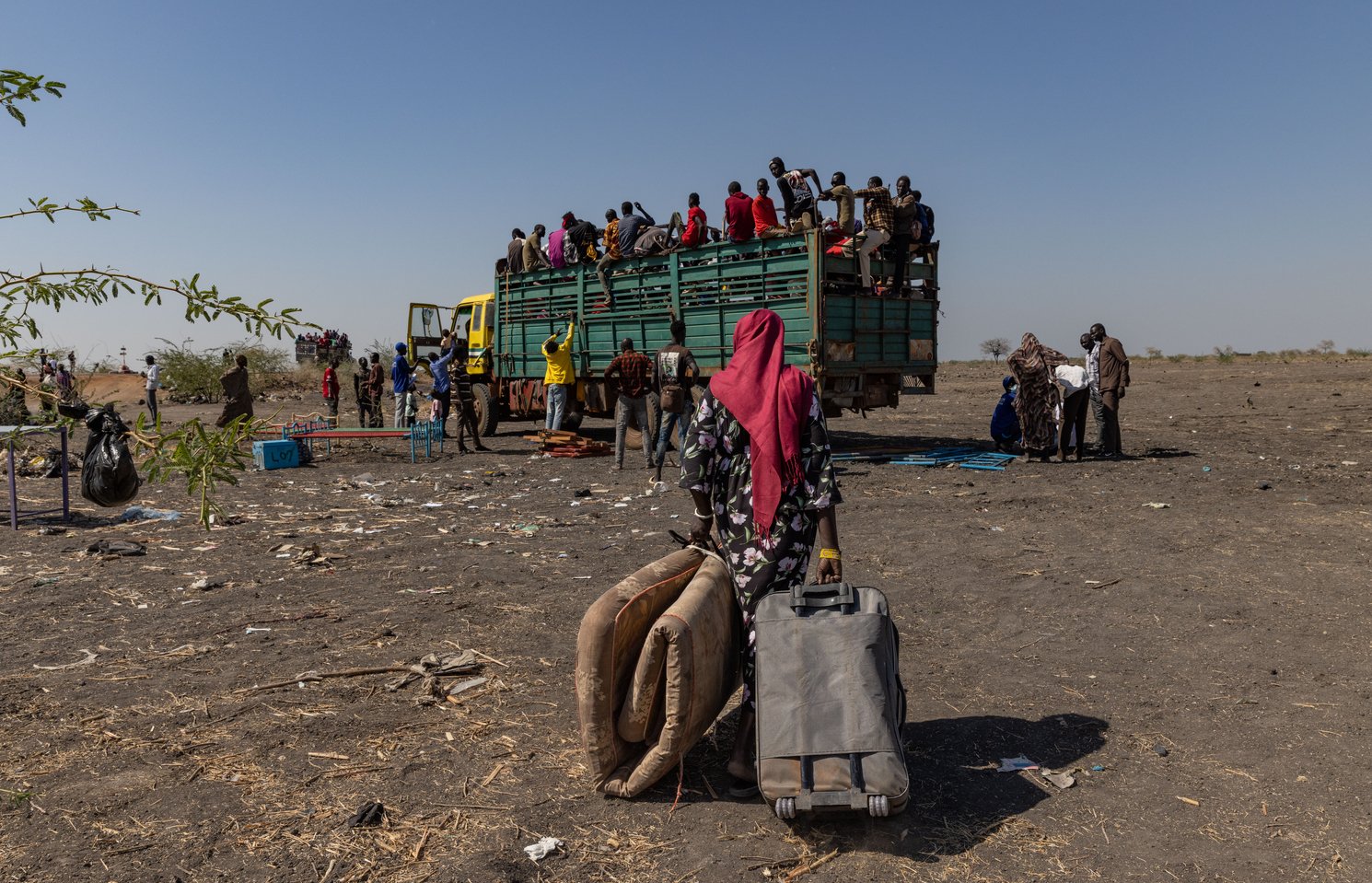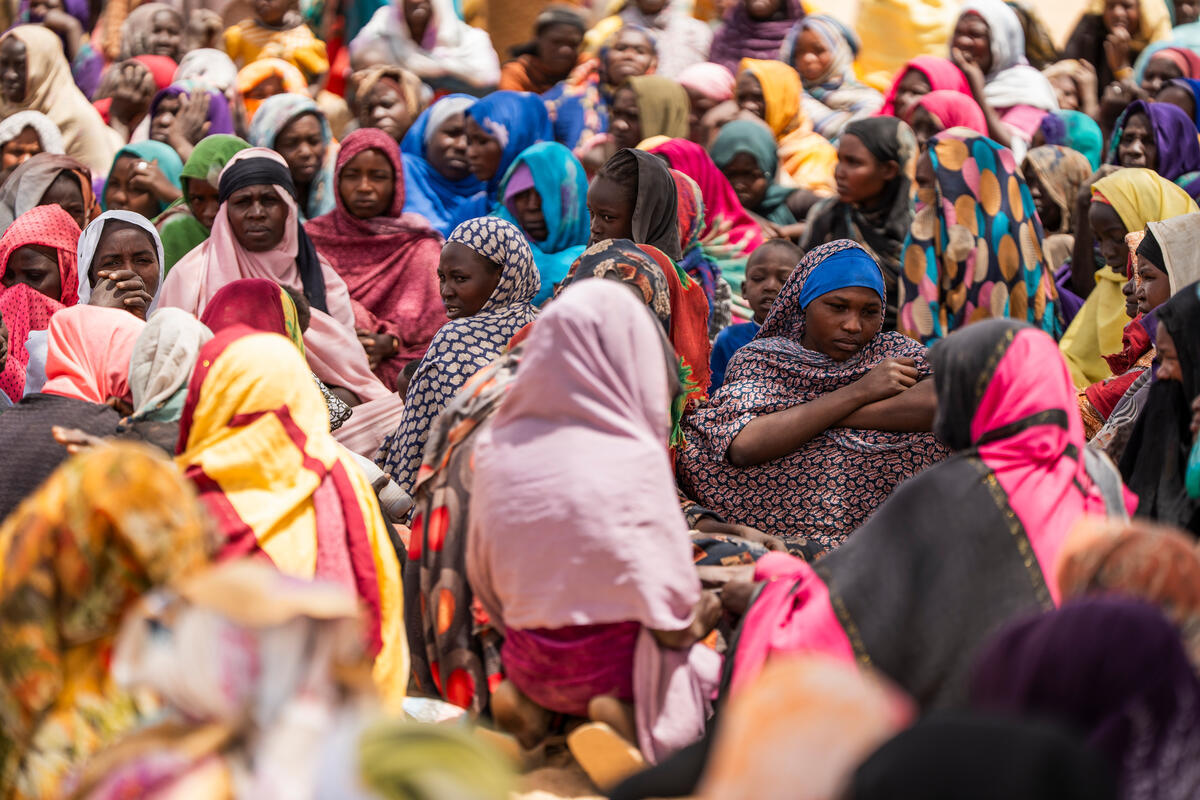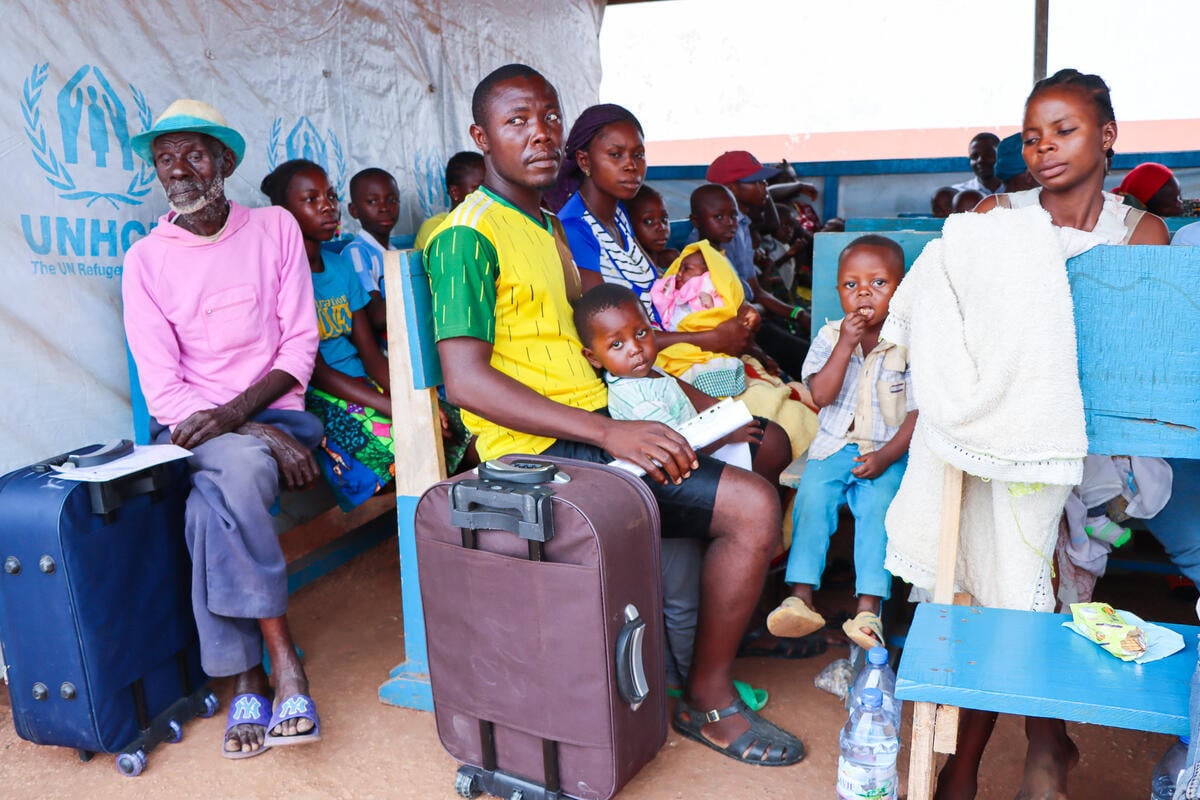CAR violence driving more refugees into northern DRC, local communities stretched to cope
CAR violence driving more refugees into northern DRC, local communities stretched to cope
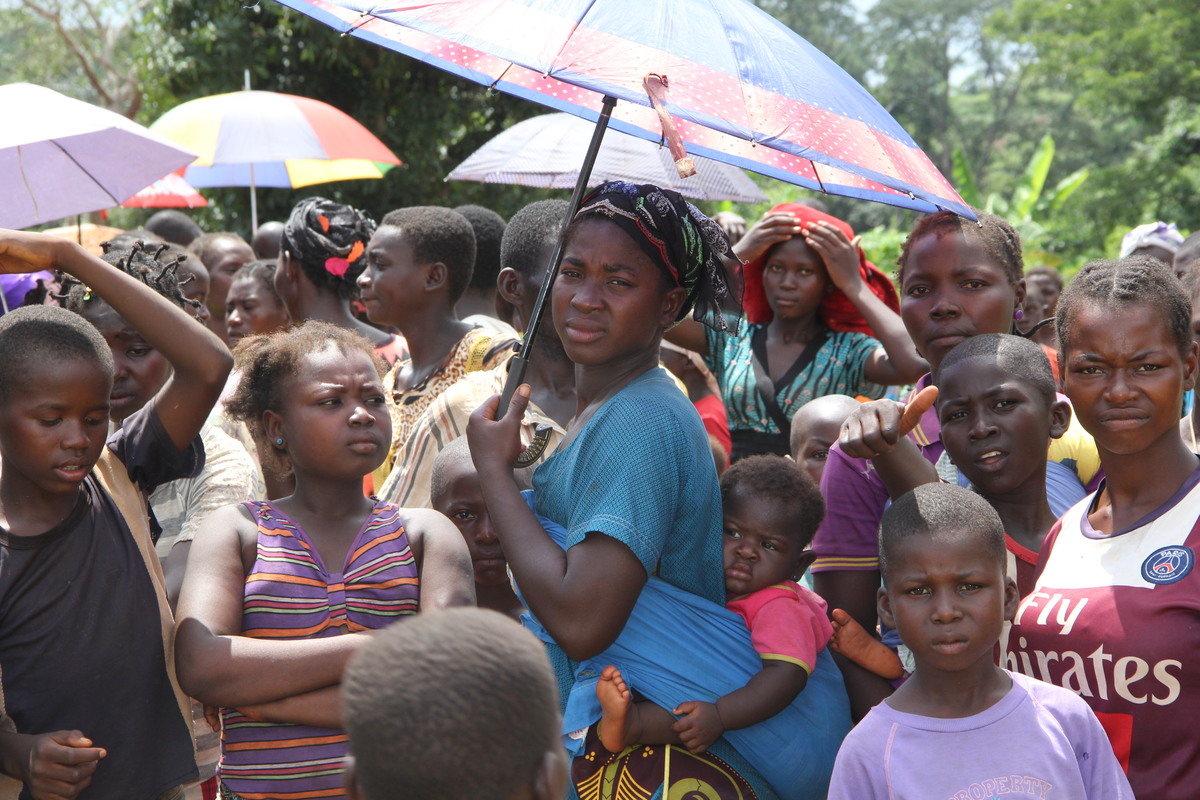
Recent violence in southern border areas of Central African Republic is driving more people to flee, including into remote areas of northern Democratic Republic of the Congo, putting immense pressure on difficult-to-reach local communities close to the border.
In Zemio, around 1,000 kilometres east of the capital Bangui, our partner MSF reported last week that a baby had been shot dead by militants in a hospital housing more than 7,000 displaced people. MSF has since withdrawn from the town amid violence that has also forced the temporary closure of a UNHCR field office.
The main areas from which people have been fleeing are the towns of Bangassou, Bema and Mobaye – all several hundred kilometres east of the capital Bangui. Local authorities estimate that over 60,000 people have fled from these areas and into Democratic Republic of the Congo since May. UNHCR continues to work to verify the numbers.
One of the areas into which people have fled is Ndu, across the Mbomou River from CAR’s Bangassou, and barely more than a village. Our colleagues, who were in Ndu a few days ago, say the situation is chaotic and its proximity to the border makes it dangerous, with armed bandits feared to be nearby. Refugees are staying everywhere they can – in churches, in buildings used as schools, in the only health centre, or sleeping in the open. People desperately need more healthcare, food and shelter.
Ndu is in DRC’s Bas-Uélé province, which as of 30 June was estimated to be hosting some 37,000 new arrivals from CAR. Others fleeing CAR have headed further to the south and west into areas of DRC’s Nord-Ubangi province, where it’s estimated there were over 23,000 new arrivals as of the end of June.
UNHCR is organizing to bring in relief aid for 20,000 people in Ndu and other areas of both provinces, from Kampala. However moving help there quickly is difficult. Roads are mud-filled and in places virtually impassable for normal transport, hence tractors and other specialized vehicles are needed. We expect the convoys to arrive in days.
As of end June, 102,802 Central African Republic refugees were registered in Democratic Republic of the Congo. In addition more than 60,000 new arrivals have been registered by DRC authorities in North Ubangui and Bas-Uélé since May. Of the US$55.3 million needed in funding for the DRC-CAR situation this year, $2.8 million has so far been received.
For more information on this topic, please contact:
- In Geneva, William Spindler, spindler@unhcr.org, +41 79 217 3011
- In Kinshasa, Simon Lubuku, lubuku@unhcr.org, +243 81 950 0202

